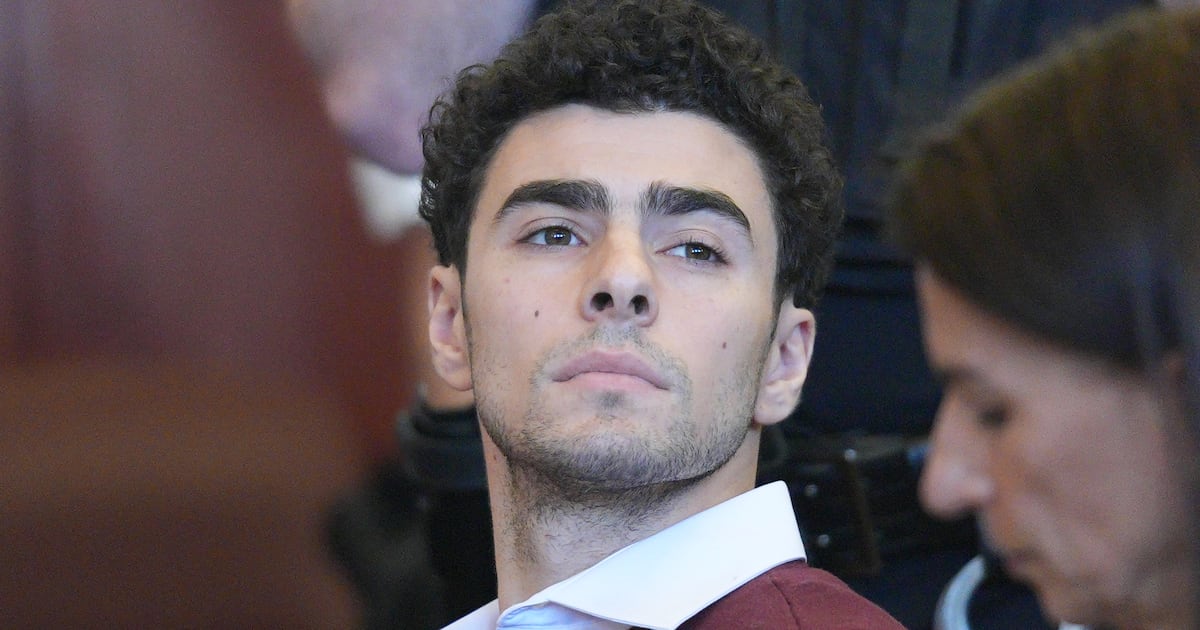A new United Nations report detailing chemical arms-related shipments from North Korea to Syria raises one big unanswered question: Who finances such illegal weapons deals?
After all, the Syrian government of Bashar al-Assad has very few financial resources of its own, and North Korea’s Kim Jong Un is known to use illicit sales of military wares to help bypass international sanctions targeting his country’s legitimate exports, and to finance his grip on power.
In the past, one of Assad’s strongest supporters, Iran, has been suspected of financing arms deals between Syria and North Korea. Separately, the Islamic Republic reportedly has cooperated with North Korea in developing nuclear- and missile-related armaments.
Iran’s military involvement supporting the Assad regime in Syria, as well the growing military presence of the Iranian Revolutionary Guard Corps and Iranian proxy militias in Lebanon, Iraq, Yemen, and all the way to Afghanistan, has worried rival Sunni regimes in the region, as well as Israel and, increasingly, the United States.
So did the Iranians finance the chemical shipment described in the UN report?
“It’s plausible that Assad’s largest financial and military backer would have paid for the shipment,” said Mark Dubowitz, CEO of the Foundation for Defense of Democracies, and one of the most prominent critics of the Iran regime in Washington.
Yet, as the FDD’s North Korea watcher Anthony Ruggiero explains, proving that connection is complex. Indeed, Ruggiero says, with Assad’s financial problems “it’s not clear what the Syrians have to offer as commodity” to Pyongyang. That might point to Iran—but North Korea’s financial transactions are “conducted through a web of front companies, so it’s not easy to track them down.”
Past actions may offer more clues. In 2007 Israel destroyed a nuclear facility in Syria’s Deir az Zour region. U.S. intelligence and the International Atomic Energy Agency concluded later that North Korea was involved in building the Syrian facility. According to Israeli intelligence sources cited in various press reports, Iran paid North Korea up to $1 billion to finance the nuclear project.
“Kim Jong Un is Assad’s closest ally—and also an ally of the Iranians,” Israeli Defense Minister Avigdor Lieberman told Walla, a popular Israeli news website, in April. He called North Korea, Iran, Syria, and Hezbollah “an axis of evil.”
The new report that once again triggered suspicions about the connection between Assad and Kim was prepared by a committee the UN Security Council established to monitor and enforce various sanctions imposed on North Korea for its refusal to abide by resolutions banning its nuclear and ballistic missile testing.
The UN panel is expected to present its findings to the council in a closed-door consultation on Friday. Until then, most officials say they will not comment on the report.
But one short passage from the 37-page panel report has already made a huge splash in diplomatic circles, as it deals with chemical weapons in Syria—the subject of a famous “red line” drawn by President Barack Obama and, more recently, the trigger for President Donald Trump to launch a rare American Tomahawk missile attack inside Syria.
The North Korea sanctions committee writes that it is “investigating reported prohibited chemical, ballistic missile and conventional arms cooperation” between Damascus and Pyongyang, according to a dispatch from Reuters. “Two member states interdicted shipments destined for Syria,” the UN report concludes, adding, “Another Member state informed the panel that it had reasons to believe that the goods were part of a… contract with Syria.”
The UN didn’t detail when or where the shipments were intercepted, nor precisely what was in them, only that they were sent by the Korean Mining Development Trading Corporation (KOMID), the sanctioned agents for Pyongyang’s arms deals, and were on their way to known front companies for Syria’s chemical weapons program.
The UN committee previously reported that Egypt intercepted in 2016 a banned North Korean arms shipment traveling through the Suez Canal.
Egypt is now the sub-head of the Security Council’s sanctions committee, along with Ukraine. The committee is headed by Italy. The ambassadors of those countries declined to talk about the confidential report.






